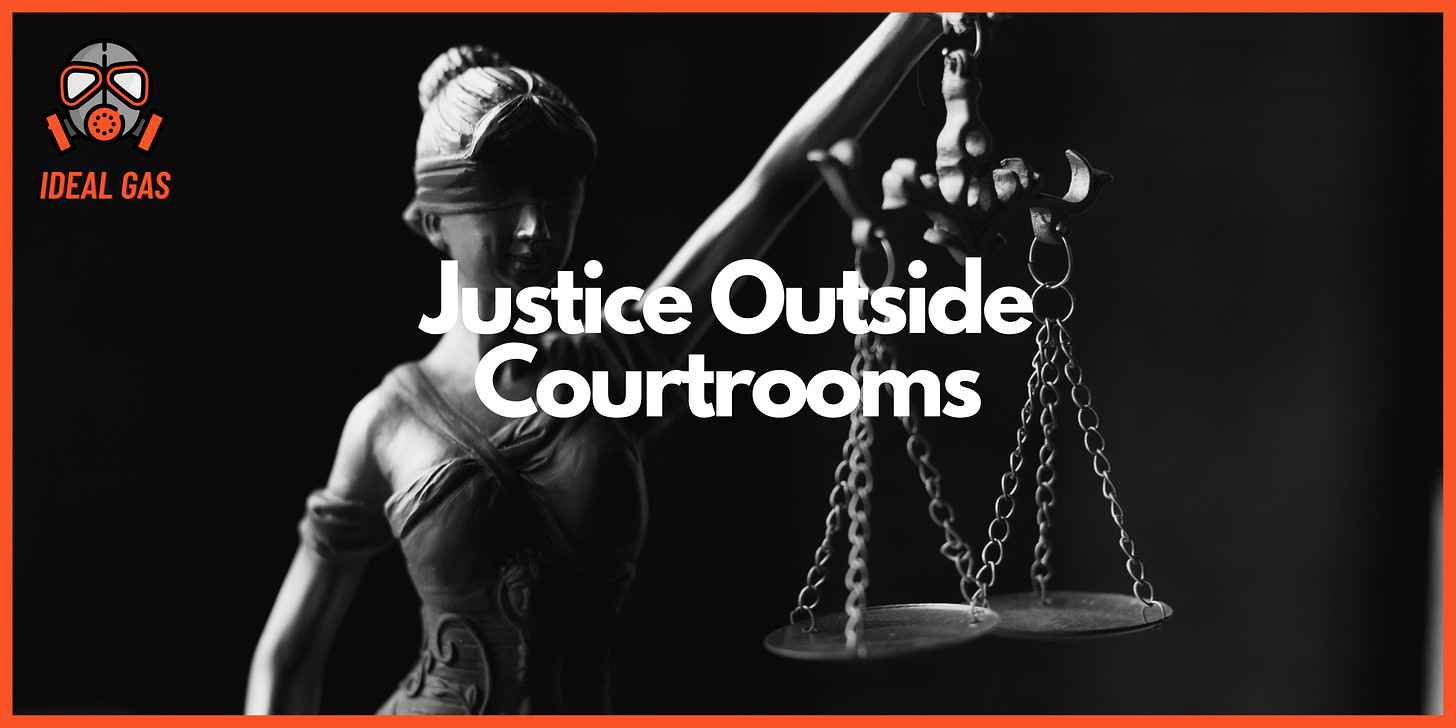Alice is strapped to a machine that administers a continuous electric current, the strength of which depends on the position of a dial with 1,001 notches, numbered 0–1,000. She can tell the difference between notches that are far enough apart but finds that she cannot feel any difference in comfort between adjacent settings, because the increments of current too small to make any difference in comfort.
Alice is offered the following deal. Starting with the dial at its lowest notch, she may advance the dial one notch once a week. Each time she advances the dial by one notch, she is paid $10,000. But she can never reverse the process and return to an earlier notch.
At what point would Alice stop? This Paradox of the Self-Torturer explains, in quite a dark manner, the concept or transitivity. When on linear small increments, the distinguishability diminishes. If you want to explain this to a child, I would certainly recommend a much cleaner form – the Sorites Paradox.
Paradoxes are fun, but this one is a nightmare – for lawmakers, policymakers, and businesses alike. At what amount of salary should PF be mandated? How does a short-term capital gain become long term capital gain within few days? What is the window to process a refund to customer? It’s nearly impossible to be sure. What’s worse? One wrong policy can wreak havoc (Perverse Incentives in Complex Systems).
In such scenarios, it has been the ideal of all civilizations has been to achieve “fairness”. And unlike Bollywood movies where justice is accomplished through heroic acts of vengeance, justice has some profound tenets. Tenets, that we can employ in our day at the workplace – being a tad fairer than before.
Justice should not only be done, but also seen to be done
Mr. McCarthy’s motorcycle collided with another motorcycle Mr. Whitworth and his wife, sustained injuries in the collision and the police instituted criminal action against McCarthy. Whitworth also engaged a firm of solicitors, M/s. Langham, Son and Douglas to proceed against McCarthy for damages.
The criminal proceedings were taken. But the clerk to the justices, was a partner of the law firm that was engaged to sue McCarthy for damages.
After the hearing was over, the justices retired to their chamber to consider their decision and the clerk also retired with them. After some time, the justices returned to court and declared McCarthy guilty, convicted him and imposed fine of just 10 GBP with costs.
McCarthy appealed against this decision saying that it was improper for clerk to have retired with the justices before they delivered their verdict.
The King’s Bench, presided over by Lord Hewart, issued notice and the justices of the lower court of Sussex filed an affidavit stating that although the brother, who had acted as a deputy clerk, had retired with them, he had scrupulously abstained from any discussion on this case and they had arrived at their decision unbiased by the fact that the deputy clerk was a member of the law firm which was engaged to sue Mr McCarthy for damages.
What followed was a judgement that contained a historic sentence that has been often repeated for almost a hundred years. Despite the fact that the conviction was not influenced by the presence of the deputy clerk, Lord Hewart quashed the conviction by observing
“It is not merely of some importance but is of fundamental importance that justice should not only be done, but should manifestly and undoubtedly be seen to be done”.
This tenet of Procedural Fairness is underrated. One could go on a stretch to say this tenet has embodies the entirety of the principles of natural justice (Audi alteram partem, Nemo Judex In Causa Sua).
The Business world
Customers, are less likely to file suit against a service provider if they believe they’ve been treated with process fairness. Similarly, an individual who was passed over for a promotion: If he believes that the chosen candidate was qualified, and if his manager has had a candid discussion with him about how he can be better prepared for the next opportunity, chances are he’ll be a lot more productive and engaged than if he believes the person who got the job was the boss’s pet, or if he received no guidance on how to move forward.
Employees decide for themselves whether a decision has been made fairly. But broadly speaking, there are three drivers of process fairness.
How much input employees believe they have in the decision-making process.
How employees believe decisions are made and implemented: Are they consistent?
How managers behave: Do they explain why a decision was made?
Basically, even if the outcome of your decision was 100% fair, but if your approach is doubted, it is an unfair decision.
Procedural fairness saves a lot of cost that no money can ever compensate for. Dignity, of course is very dear. When employees feel that they are heard in the decision-making process, they are more likely to support—rather than merely comply with—those decisions, their bosses, and the organization as a whole.
But it isn’t easy. It takes effort, and time. It opens up doors to uncomfortable situations, and also to some consistent criticism. But usually the practice of process fairness or the illusion of it increases power and influence – very well depicted in politics of democracies.
Fairness is not an attitude. It's a professional skill that must be developed and exercised.
-Brit Hume
Also, we are listening, we would love your feedback on what we could do better. Reach out to us at creators@idealgas.in.





